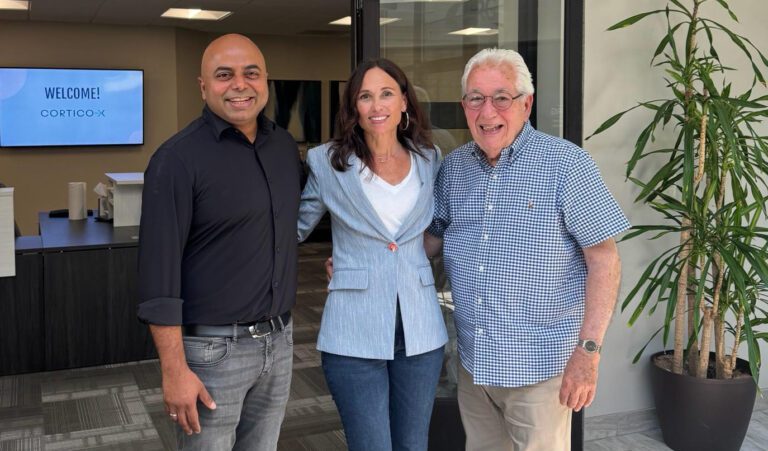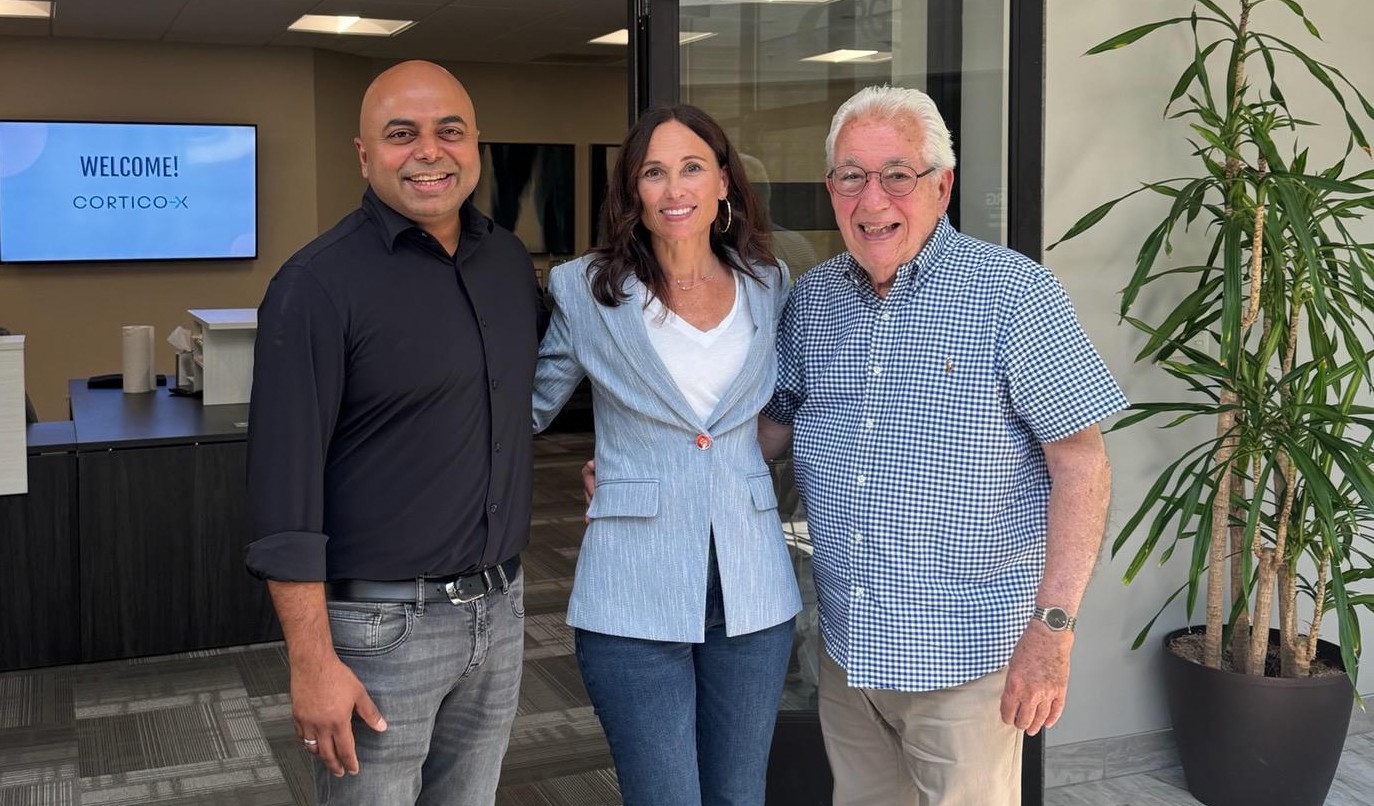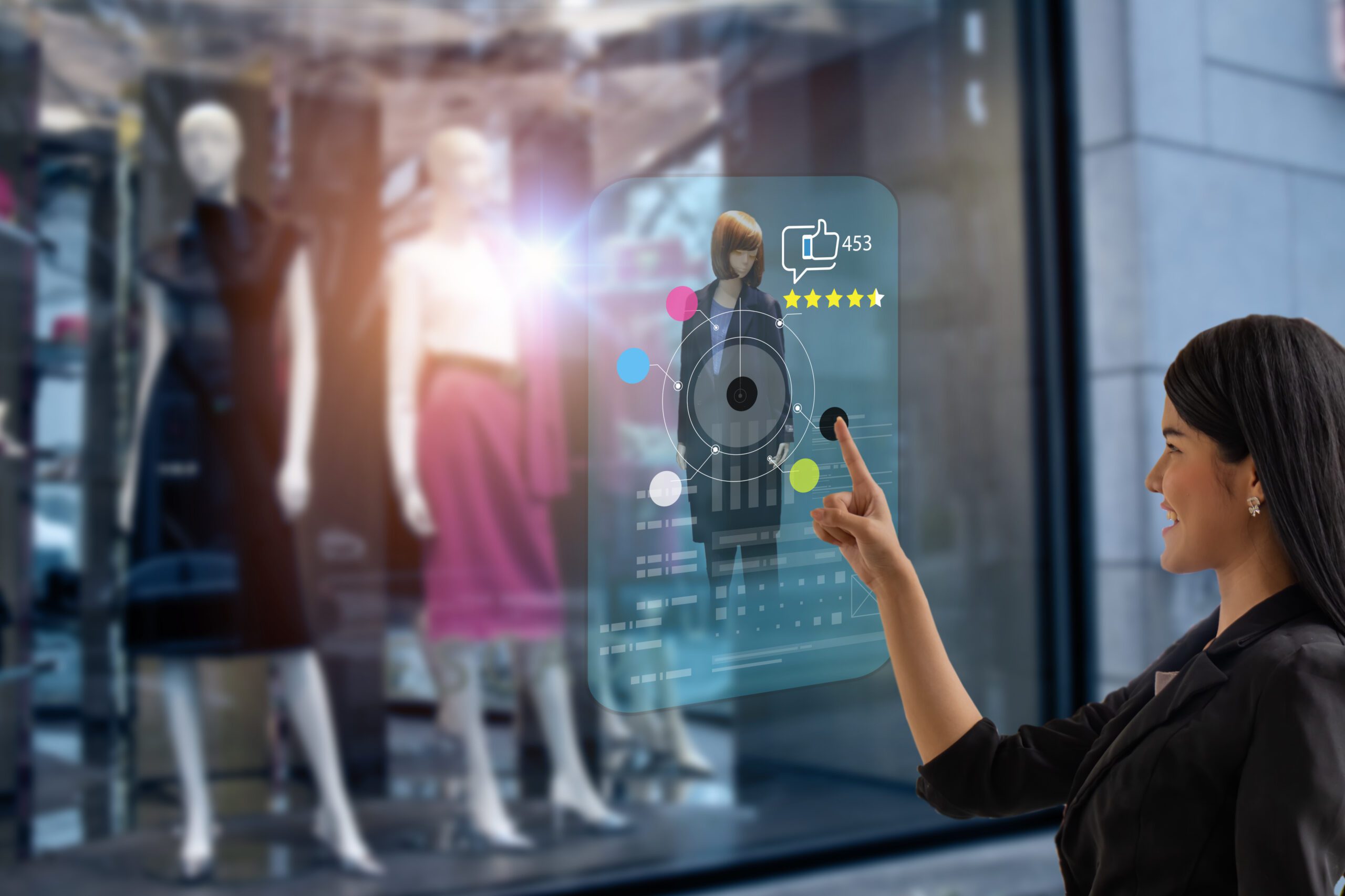Traditionally, organizations have treated many of their customers very similarly with products and services aimed at hitting the broadest most generic group of customer needs and truly personalized experiences limited to the most high-touch, white glove service models. Over the past decade, we saw a shift from organizations thinking and treating their customers alike in this way to being able to deliver more personalized experiences aimed at the segment or persona that an organization believed that a customer fit into.
More recently, as organizations have captured ever more granular data on their customers and a proliferation of tools have come to market aimed at predicting customer needs, behavior and automating the delivery of products, services and experience to these customers in real time, we are beginning to see great examples of organizations being able to deliver truly one to one personalized experiences to customers at scale.
Recent research from Salesforce has shown that customers are increasingly expecting the organizations that they do business with to know them and deliver these personalized experience. It will be important for experience and marketing leaders to put in place a personalization strategy in order to meet customer demands and continue to compete in the market.
1. Vi Trainer
Vi Trainer, an innovative fitness app, harnesses the power of advanced AI to offer users a hyper-personalized training experience. By collecting data on each user’s physical activity, heart rate, and even environmental factors like terrain and weather, Vi Trainer is able to adjust workouts in real time. This AI-driven approach not only considers the user’s fitness goals and progress but also their real-time performance and endurance levels during workouts.
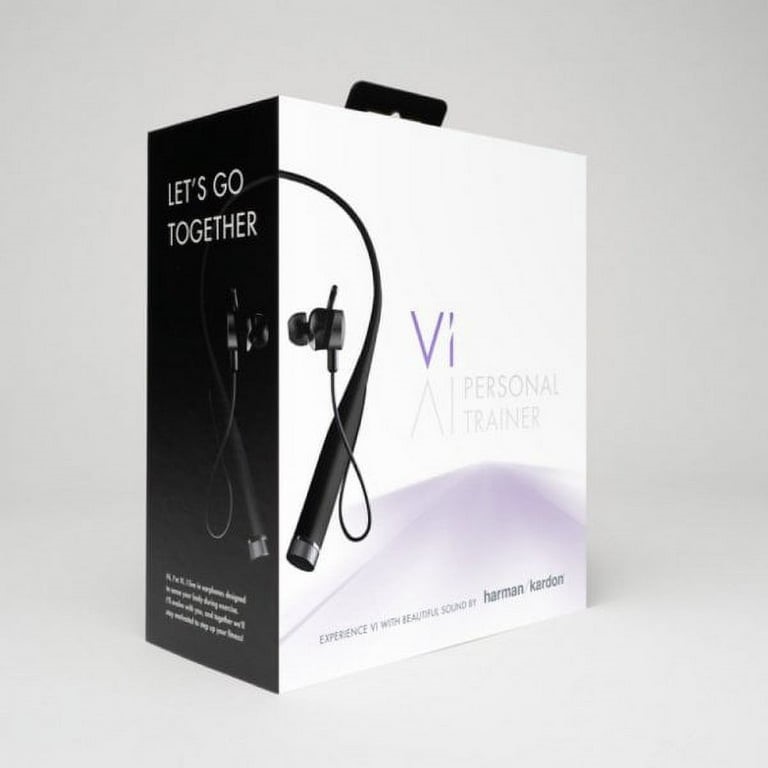
As a result, each training session is uniquely tailored to the individual, maximizing effectiveness and enhancing motivation. Vi Trainer’s sophisticated use of detailed, real-time data demonstrates how companies today can leverage technology to deliver personalized services at scale, transforming how users interact with products and achieve their fitness goals.
2. Idomoo
Idomoo stands out in the personalized video marketing space by using data to craft unique user experiences. Their platform leverages a dynamic video engine that integrates personal data directly into video content, making each piece feel distinctly tailored to the individual viewer.
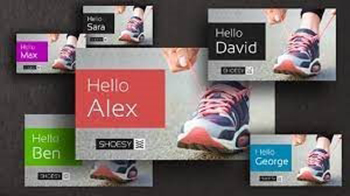
By analyzing customer data such as past interactions, purchase history, and personal preferences, Idomoo’s videos address customers by name, reference their specific needs, and suggest relevant products or services. Their ability to customize content in real-time not only enhances customer engagement but also significantly boosts conversion rates. Idomoo’s innovative approach highlights the power of personalization in marketing and demonstrates how precise, data-driven content can fundamentally transform customer relationships and drive business success.
3. Mercedes MBUX Virtual Assistant
Mercedes-Benz has revolutionized in-car technology with its MBUX (Mercedes-Benz User Experience) system, an intelligent virtual assistant designed to enhance the driving experience through high-level personalization. Their system seamlessly integrates user data and artificial intelligence by employing sophisticated AI algorithms that analyze a wealth of granular data from individual drivers.
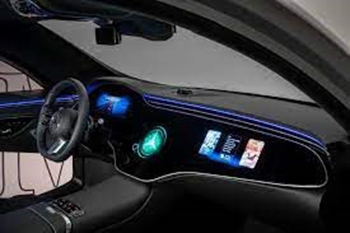
By capturing subtle nuances in driver behavior, preferences, and repeated patterns—such as frequent destinations, temperature settings, and preferred routes—MBUX can predict needs and adjust various aspects of the vehicle environment accordingly. For example, it might suggest the quickest route home during rush hour or adjust the interior lighting and music based on the time of day and driving conditions. This ability to utilize detailed data to anticipate and meet customer needs on such a personalized level showcases how Mercedes-Benz is at the forefront of using technology to provide tailor-made experiences, setting a new standard in automotive luxury and convenience.
4. BioNTech / Siemens Personalized Therapeutics
In the burgeoning field of personalized therapeutics, the partnership between BioNTech and Siemens exemplifies the cutting-edge use of granular data to deliver individualized treatment options. To be clear on this, they can create a treatment for a particular tumor in a particular person. That’s an extraordinary leap in personalization.

BioNTech is able to process vast amounts of genetic information quickly and accurately by leveraging Siemens’ advanced digital technologies. This capability allows them to develop patient-specific therapies, particularly in the area of mRNA-based treatments where personalization is critical. By analyzing individual genetic profiles, BioNTech can tailor medications to enhance efficacy and minimize adverse effects, significantly improving patient outcomes. This approach sets a new standard in personalized medicine and demonstrates how precise data capture and analysis are pivotal in developing treatments that are as unique as the patients themselves.
5. ChatGPT: Dynamic Content Creation
ChatGPT revolutionizes content creation by leveraging dynamic data to provide a highly customized user experience. Powered by advanced machine learning, ChatGPT analyzes user inputs to infer intent, preferences, and context and generate tailored responses.

This AI-driven approach enables it to adapt its tone, style, and complexity based on the user’s interaction history and feedback. For example, if a user consistently asks for detailed technical explanations, ChatGPT learns to anticipate and provide in-depth responses in future interactions. This capability not only enhances user engagement by aligning closely with individual needs and expectations but also improves over time, making each interaction more intuitive and personalized. ChatGPT exemplifies how AI can be finely tuned to meet specific user demands in real-time content generation.
6. Carbon & Riddell: Speed Flex Precision Diamond Helmet
The collaboration between Carbon and Riddell has revolutionized sports safety gear with the Speed Flex Precision Diamond Helmet, a groundbreaking example of personalization in athletic equipment. Utilizing Carbon’s Digital Light Synthesis™ technology, the helmet is crafted from precise 3D scans of an athlete’s head, ensuring a perfect fit unique to each player.
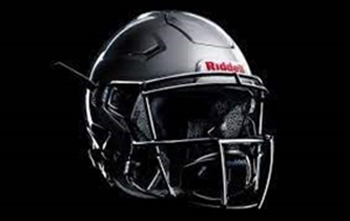
This customization not only maximizes comfort but also significantly enhances protection by distributing impact forces more effectively across the helmet. Additionally, integrated sensors gather real-time data on impacts during play, providing valuable feedback that can be used to further refine the fit and design. This level of detailed, data-driven customization showcases how advanced technologies can transform player safety and comfort in sports equipment.
7. MTailor
MTailor has redefined bespoke tailoring with a high-tech twist, using granular data to offer a hyper-personalized clothing experience directly from a customer’s smartphone. By utilizing the smartphone camera to capture a user’s measurements with 20% more accuracy than a professional tailor, MTailor creates custom garments that fit perfectly according to each individual’s unique body shape.
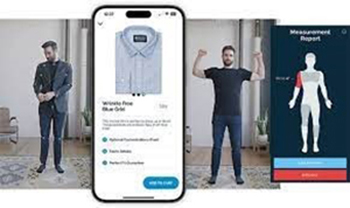
This process eliminates the need for in-person fittings, making it not just convenient but also exceptionally precise. MTailor’s algorithm then processes and leverages these detailed measurements in order to recommend styles and cuts that best suit the customer’s physique, ensuring each piece both fits flawlessly and complements the wearer’s personal style. MTailor’s innovative approach to traditional tailoring provides a seamless, customized shopping experience that is both modern and efficient.
8. Graze
Graze, a leading player in the subscription snack industry, blends data-driven personalization with culinary creativity to deliver a highly personalized snacking experience to its customers. By analyzing individual feedback, dietary preferences, and consumption patterns, Graze customizes each snack box to align perfectly with the subscriber’s tastes and nutritional needs. The sophisticated use of analytics enables Graze to continuously refine its offerings, adjusting portions and flavors based on real-time user feedback.
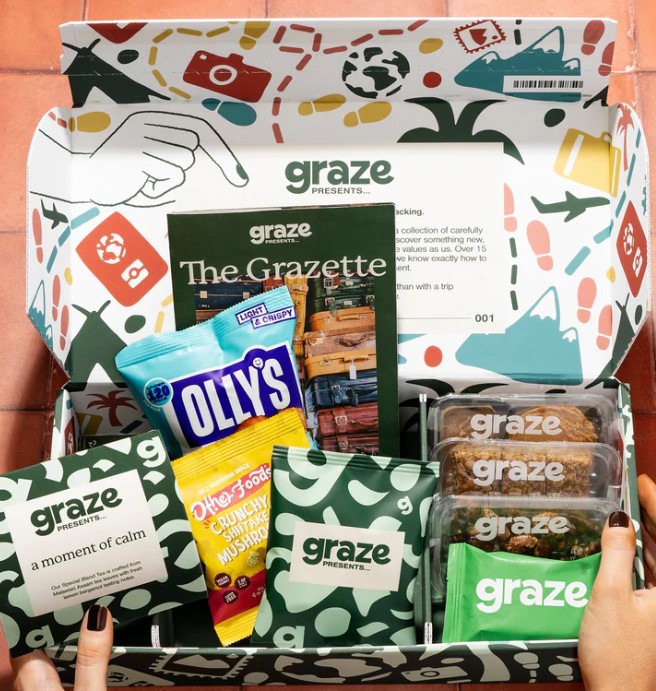
By harnessing data on taste preferences, nutritional needs, and ingredient sensitivities, Graze ensures that every snack selection is not just a treat, but a personalized delight tailored to the individual’s palate and lifestyle.
9. Spotify
Spotify excels in delivering a hyper-personalized listening experience by expertly capturing and analyzing granular data from its users. The streaming giant utilizes algorithms to track user interactions, including play counts, skips, and searches, alongside contextual data like the time of day and device used. This rich data allows Spotify to then tailor music recommendations and curate playlists that resonate deeply with individual tastes.
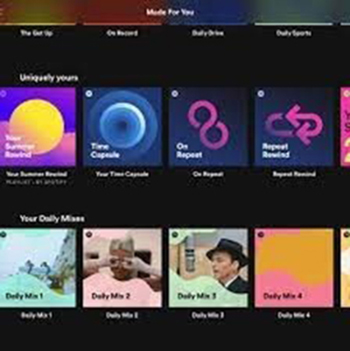
For instance, features like “Discover Weekly” and “Daily Mix” leverage user-specific data to introduce new songs and artists that align with listeners’ established preferences, effectively keeping the listening experience both fresh and familiar. This sophisticated use of detailed analytics ensures that Spotify remains a step ahead in providing a truly personalized and engaging music experience for every listener, thereby increasing customer retention and loyalty.
10. Curology
Curology demonstrates how personalized healthcare can harness data to meet precise individual needs. By collecting detailed information through initial skin assessments and ongoing user feedback, Curology tailors its skincare treatments to each customer’s specific conditions, such as acne, wrinkles, or pigmentation issues.

This data-driven approach enables the formulation of custom skincare products, with active ingredients adjusted for the user’s unique skin profile. By continually analyzing user responses to treatments, Curology refines its formulations, ensuring that each regimen evolves with the user’s changing skin requirements. This meticulous customization not only enhances efficacy but also heightens user satisfaction, showcasing how personalized data application can revolutionize skincare solutions.
Organizations will need a personalization strategy to continue to compete for customer’s attention and business. Doing this doesn’t have to be Daunting, but it isn’t easy and must be planned and coordinated across several domains within an organization. If you would like to learn more about our experience and perspective on personalization please reach out.

Brett Kohout
Brett is a Principal at Cortico-X with over 10 years of experience focused on digital transformation, data & analytics and experience management.


